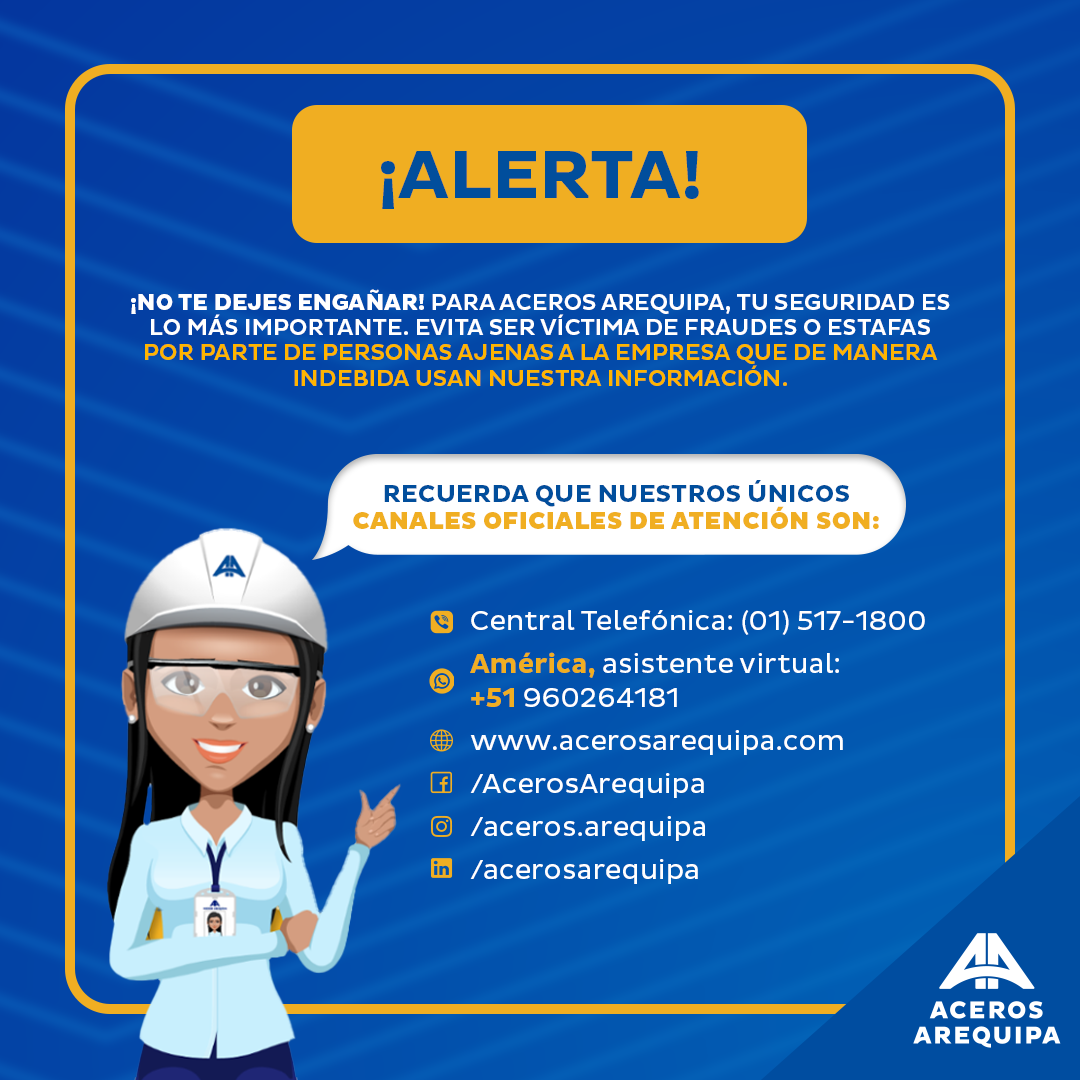We promote the circular economy and innovation, which allow us to be more efficient in the use of resources, generate the least amount of waste possible and contribute to the care of our environment
Our Code of Ethics defines the core principles and values that govern our behavior and decisions in all stakeholder interactions.

The Code against Fraud and Corruption establishes corporate guidelines and responsibilities for the prevention, detection, investigation, and response to misconducts that violate our core principles and values, fostering a zero-tolerance culture toward fraud and corruption.

As of 2021, we have implemented a Code of Ethics for Suppliers and Contractors to enhance our business relationships while also fostering ethical and responsible shared growth. This code establishes ethical, social, and environmental principles that we expect our suppliers to comply with, ensuring adherence with international best practices and labor human rights standards.

Through this policy, Corporación Aceros Arequipa formalizes its internal control and comprehensive risk management system, supported by guidelines, tools, and methodologies that provide reasonable assurance to the Board of Directors and Senior Management in meeting corporate objectives, prioritizing and mitigating risks the company is exposed to, and operating in alignment with its risk appetite.
We identify and manage strategic, operational, financial, reporting, compliance, and ethics-related risks. We assess their impact and criticality levels and apply simulation analysis and stress testing to selected risks, ensuring alignment with our risk appetite and tolerance.
Risk management is supported and monitored annually by the Strategic Management Control Department, which prioritizes oversight of critical risks—those classified as High or Considerable. In line with its independent role, it reports risk management compliance to Senior Management and the Board of Directors.
Additionally, risk management undergoes a biennial audit by the Internal Audit Department, which directly reports evaluation results to the Audit and Risk Committee (CAR), a body composed of Board members.
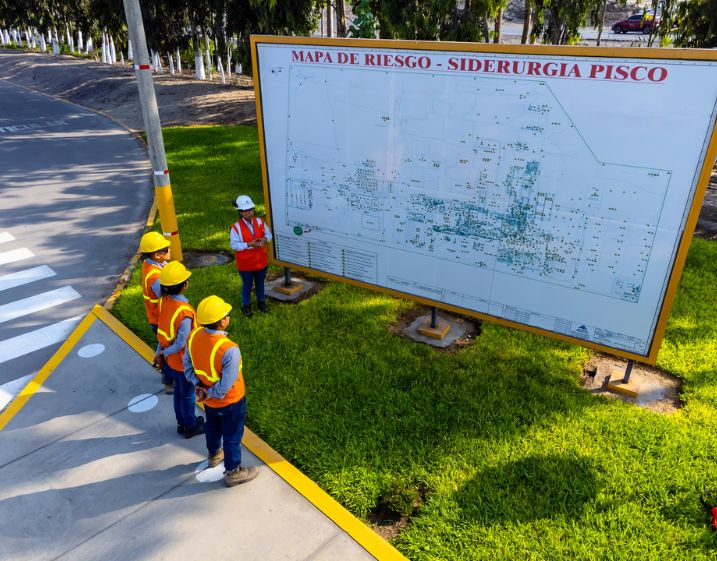
Corporate Policy on Transactions with Related Parties
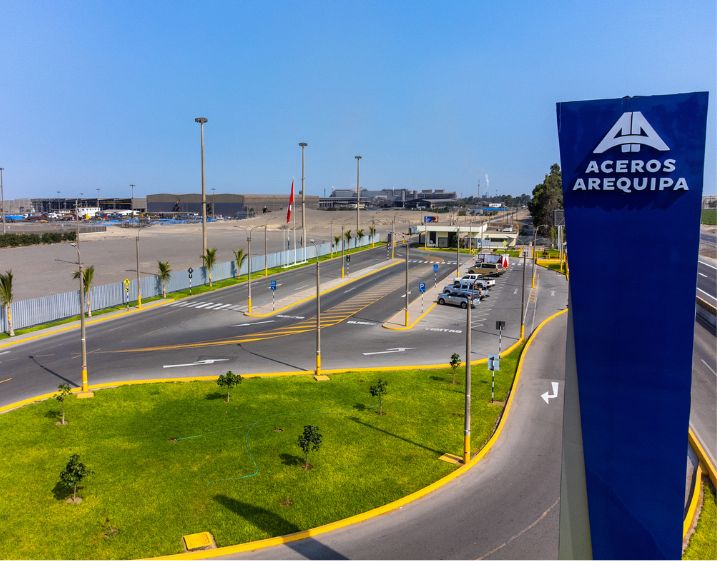
The policy establishes guidelines for managing donations in compliance with legal requirements and corporate policies.

Prevention, Investigation, and Sanctioning of Sexual Harassment Policy
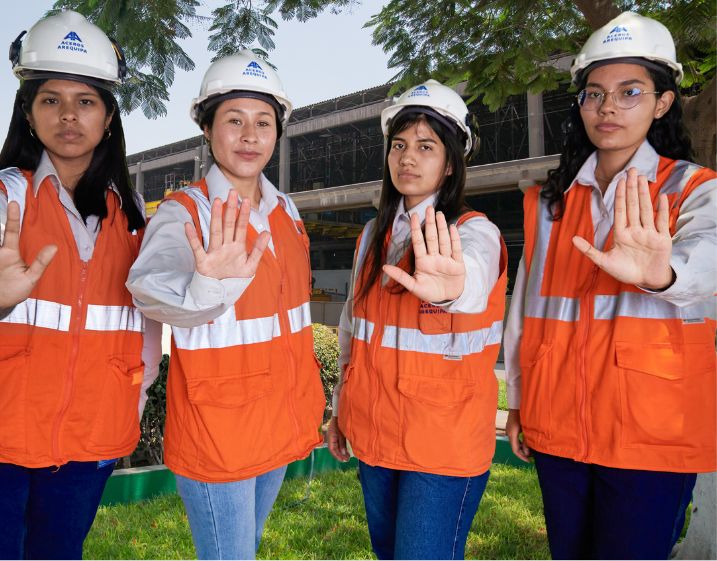
This policy outlines the guidelines under which Aceros América Colombia must effectively implement self-management and risk mitigation measures related to Money Laundering (ML), Terrorism Financing (TF), Financing of the Proliferation of Weapons of Mass Destruction (FPWMD), Transnational Bribery, Corruption, and their underlying criminal activities. It establishes a management approach that ensures excellence, integrity, and transparency, while adhering to legal standards, corporate governance practices, and sustainability principles

Social Responsibility Policy
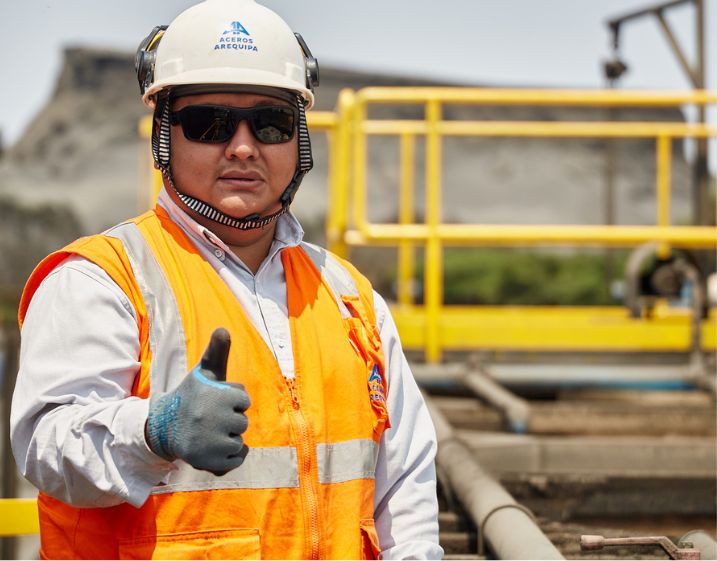
As CAASA's operations expand, investment decisions require increasingly comprehensive and rigorous analyses. Our commitment to shareholders necessitates clear criteria for evaluating, approving, and monitoring investments to ensure profitability, value generation, resource optimization, and transparency in decision-making.
Every organization operates with finite resources, making it essential to allocate them rationally and efficiently to achieve strategic objectives. The Investment Policy establishes guidelines for managing CAASA’s investment portfolio, outlining each phase of the investment process and the necessary controls to ensure successful projects aligned with the company’s strategy.

As CAASA’s operations expand, rigorous inventory controls are required. Through this Corporate Policy, CAASA defines clear criteria for inventory management to ensure integrity, availability, ownership, and valuation, enabling proper management to make informed and timely business decisions. Additionally, it ensures appropriate inventory levels while considering financing costs.
The Inventory Policy applies to inventory control from two perspectives:

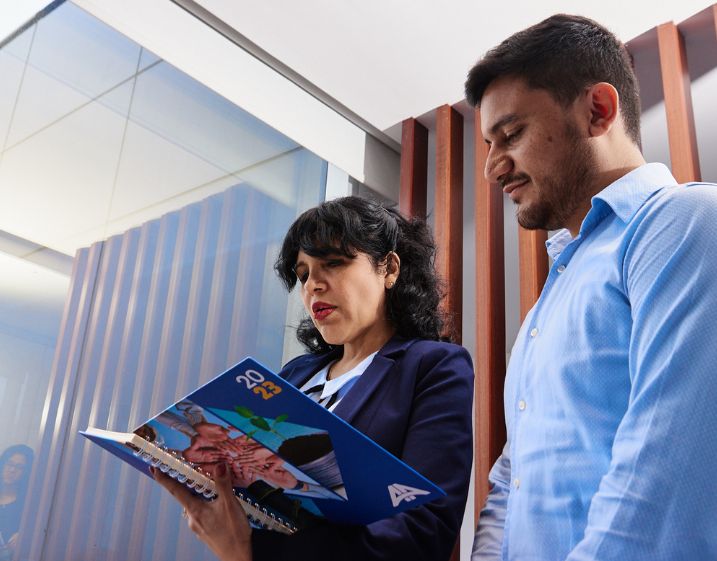
The CAASA Board of Directors, exercising its legal and statutory authority, has established this policy to optimize, accelerate, and ensure effectiveness of contractual relationships in alignment with its management directives. A structured framework for procurement of goods and services is essential to meet operational needs while securing the best technical and financial outcomes, fostering long-term partnerships with suppliers.
This policy defines CAASA’s criteria and approach to procurement of domestically and internationally sourced goods and services, standardizing procurement principles and reinforcing the company’s commitment to suppliers. Procurement processes must be agile, timely, and efficient, governed by clear and competitive rules that uphold good faith, ethics, transparency, equity, accountability, fair treatment, and cost-effectiveness.

Human talent is the cornerstone of business management. Therefore, it is essential to establish guidelines for people management, ensuring that both the company and its employees have a clear framework to guide their actions and decisions. These activities must align with best labor practices as part of a unified organizational culture that fosters a positive environment. The primary objective is for the organization to achieve its goals within a workplace defined by safety, respect, and trust.
This policy aims to attract and develop CAASA’s human talent, fostering respectful and fair relationships that create a conducive work environment for the comprehensive growth of each team member. The goal is to build a workforce that is skilled, committed, and aligned with the company’s strategic vision.
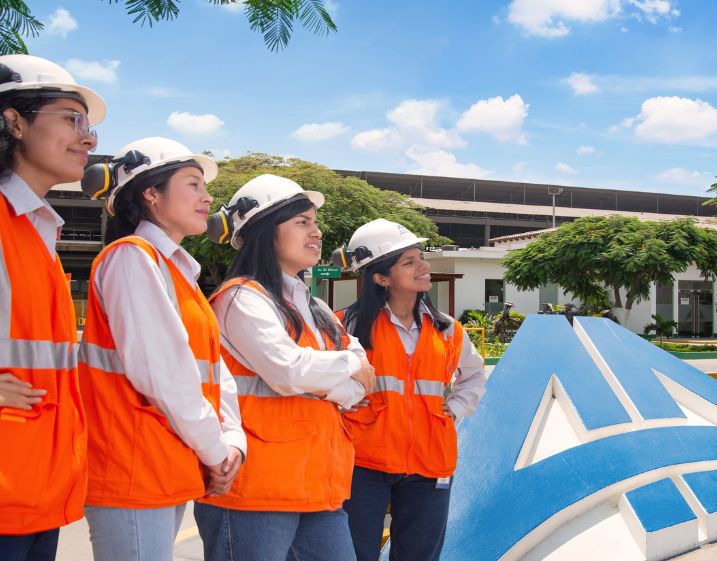
Receivables collections refer to the company's recovery actions toward credit customers to ensure they meet their payment obligations within agreed terms. This recovery process is outlined in this policy, establishing appropriate procedures and strategic plans for credit and collections management.
Accounts receivable result from a major increase in product placement in the market through credit sales. Therefore, liquidity for working capital depends on an efficient collection process, ensuring proper management of incoming revenue.
This policy provides operational guidelines set by company leadership to manage credit sales in alignment with the established risk strategy. It aims to ensure timely customer payments while maintaining goodwill, fostering long-term business relationships, and supporting sales growth.

At CAASA, protecting the life and health of our employees is a fundamental priority in all operations. This Corporate Occupational Health and Safety Policy establishes a framework of action based on core values and principles, fostering a strong culture of accident and occupational illness prevention.
This Policy is a key factor in ensuring safe workplace behaviors and defining our approach to health and safety across operations. The guiding principles are as follows:
1.Our employees are the company’s most valuable asset.
2.All accidents and occupational illnesses can and must be prevented.
3.Safety and health are the responsibility of Senior Management and take precedence over production, productivity, and costs.
4.Management, supervisors, and team leaders are accountable for workplace health and safety performance.
5.Employee commitment and training in occupational health and safety are essential.
6.Working safely is a non-negotiable condition—health and safety must be embedded in all processes, areas, and decision-making.
7.Excellence in health and safety drives outstanding business results.
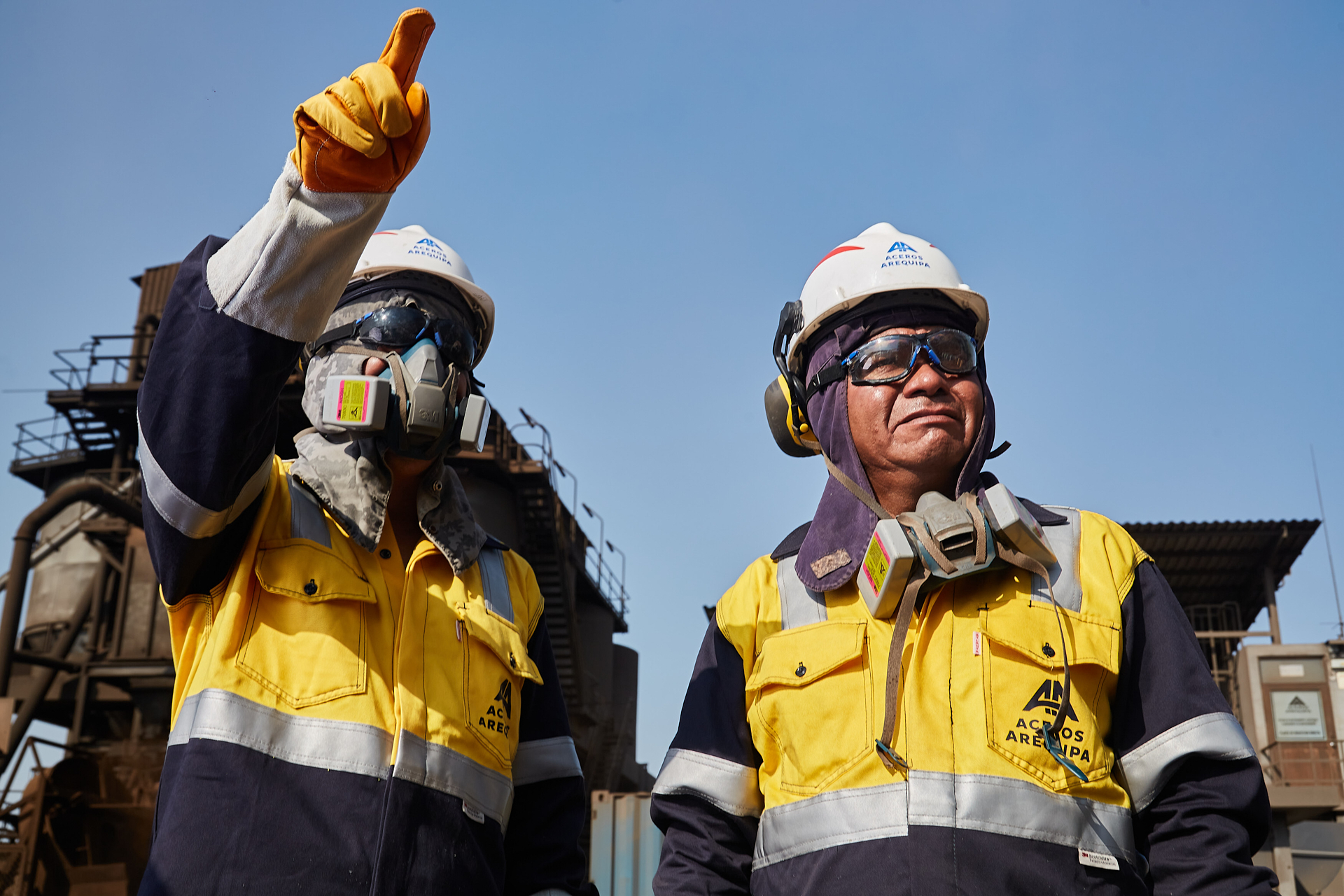
This policy establishes corporate guidelines for Corporación Aceros Arequipa S.A. to systematically identify, classify, and manage information across its various processes. It also defines the framework for disclosing information to shareholders, investors, relevant third parties, and the market, ensuring that all communications are complete, timely, sufficient, and accurate.

This policy outlines our commitments as an industry leader to sustainable management, grounded in quality management, occupational health and safety, environmental protection, ethics, and compliance.

Our Environmental Policy

Corporate Tax Management Policy
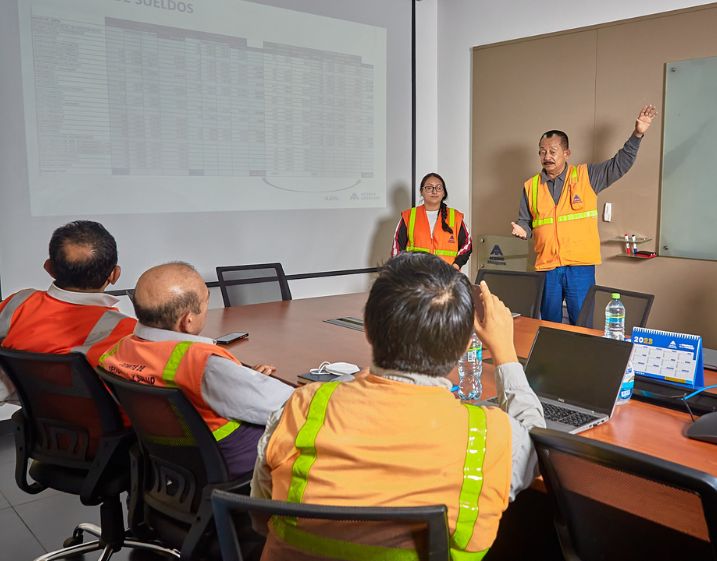
This protocol establishes guidelines for employees and business partners representing our companies when engaging with public officials or government employees. It aims to prevent bribery and ensure interactions remain ethical and transparent at all times.

Fixed assets, as a key component of the financial position reflected in financial statements, require ongoing rigorous management and control. They represent CAASA’s primary assets and a fundamental part of its equity, necessitating periodic evaluation due to their material significance.
This policy establishes criteria for proper control, ensuring asset integrity, existence, ownership, and valuation.
The Fixed Asset Policy outlines each stage of asset management and the necessary controls, aligning with International Financial Reporting Standards (IFRS) to provide a regulatory framework for recognizing initial and subsequent costs in CAASA’s financial statements.


We promote the circular economy and innovation, which allow us to be more efficient...





